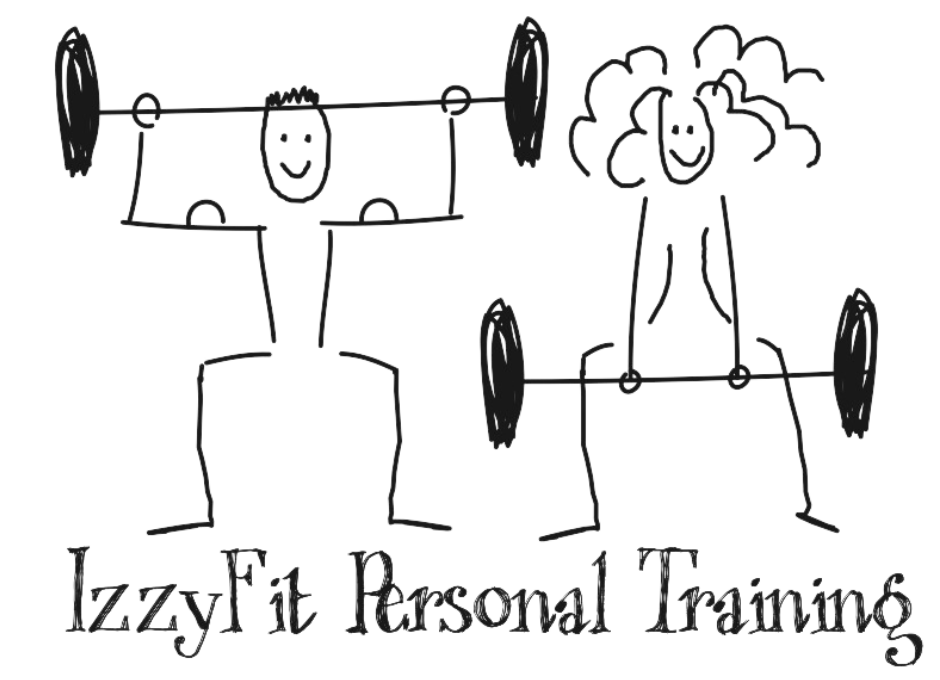Getting Enough Protein On a Plant-Based Diet: One Sample Day In the Life
Let me be honest: Every time Anthony Bourdain would make fun of vegetarians, I would chuckle a little. When you study exercise and nutrition, it’s sort of branded into your brain that if you want to lean out and build muscle, you want to eat .8-1.2 grams of protein per pound of body weight. Of course these numbers vary depending on how much you want to weight and your body type and blah blah blah. So I’d think, “Ok, vegetarians. Good luck building muscle without eating MEAT.”
Archaic and wrong. I know. And trust me when I say that I no longer think this but I DO want to recognize that it can take a little bit more planning to get adequate protein if you’re eating a mostly plant-based diet.
Now, since one of my really active clients does eat a plant-based diet*, I thought it would be fun to gather up info about non-meat sources of food that are high in protein!
Here's a list of non-meat foods I find yummy and versatile that are also high in protein**:
Edamame: 22g/cup
Hemp seeds: 6g/oz
Lentils: 18g/cup
Greek yogurt: 24g/cup
Green peas: 8g/cup
Quinoa: 8g/cooked cup
Artichoke hearts: 4g/cup
Spinach: 5g/cooked cup
Kamut: 11g/cooked cup
Mushrooms: 3g/cup white and shiitakes, 4g/cup portabella
Tempeh: 16g/3 oz
Black beans: 8g/.5 cup
Chia seeds: 6g/2 tbsp
Steel cut oats: 5g/.5 cup cooked
Brussels sprouts: 4g/cup
Broccoli: 4g/cup steamed
Sweet potato: 4g/cup
Asparagus: 4g/cup cooked
Tofu (extra firm): 9g/3oz
Plant-based protein powder like Vega Sport: 30g/scoop
Here are a few things to consider if you are consuming a plant-based diet and are focusing on protein:
Non-meat sources of protein (except for eggs and soy products like edamame) are thought of as “incomplete” proteins because they lack all of the amino acids that complete proteins have. What this means is that it is important to have a very widely-varied food list. You know the phrase “eat the rainbow”? Do that! Eat all of the different colors of veggies, legumes and grains.
If you are really focusing on building lean muscle mass, consider supplementing with a protein shake here and there. Shakes can pack in about 30g of protein in a serving. Here's a hot tip, though: If you do eat eggs and/or dairy, I HIGHLY recommend using a whey or egg white-based powder and here is why.
So now let’s pretend you are a woman looking to lose fat and build muscle and are trying to eat roughly 1500 calories per day. I would want this client’s food be comprised of 30% protein. In this case it turns out to be roughly 120 grams of protein per day.
Here’s how we’d make that work:
NOTE: As a nutrition coach in Illinois I CANNOT prescribe a meal plan. I can simply help you put something together WITH you or make suggestions. I just thought it would be helpful to see what one day might look like. So here it is!
Breakfast:
1 cup Greek yogurt (with the lowest sugar content you can find!) with 1 Tbsp chia seeds and a 1/2 cup of blackberries mixed in. One of my favorite former clients Kelly loved putting in frozen berries for texture so that’s what I’ve plugged in.
Lunch:
Salade Composée (that’s French for a salad that is hearty enough for a full meal): A fine mix of greens, roasted and steamed veggies with a Green Goddess dressing, topped with crunchy pumpkin seeds. I don't write restaurant menus so use your imagination for more flavor-packed adjectives ;)
Dinner:
The yummiest recipe I’ve made in a long time, pictured above: Curried Lentils with Kale and Coconut Milk. Check out the recipe here. The serving size I used is 1/4 of the recipe plus 3 oz cubed tofu mixed in. You could ALSO cut a 3-oz portion of extra firm tofu, season it with spices, lightly brush with oil and grill it, eat it on the side.
If you know me, you know I do not usually like to plug in my food into a calorie calculator. But, for the purposes of this post, I thought I would to use as an illustration. Here is the outcome:
My own MyFitnessPal breakdown based on the proposed Day of Plant-Based-Eating-With-Lots-Of-Protein!
As you can see, this day turned out to be just over 1500 calories, 124 grams of protein (remember our goal was 120) AND a whopping 42 grams of fiber to boot! That's a lot of fiber, guys. I'd make sure to drink plenty of water if I were you.
Whether you're a vegetarian or like to only eat meat occasionally, know that getting adequate protein from mostly plant form is absolutely doable! It just takes some planning (and possibly a B12 supplement; check with your doctor).
If you're someone who feels like they could use some help with some of their habits and skills surrounding their own diet, give me a shout! You can reach me via email, sign up for CleanSlate28 or call 312-497-8999. If you need a little extra help requiring a registered dietician, I can also help connect you!
If you are a vegetarian (or even a flexetarian or pescatarian or vegan) and have your own tactics for how to get protein in, share them in the comments below! I'd love to hear from you!
*By “plant-based” here I am also including dairy and eggs in this list.
**Grams are estimates; I've seen slightly differing numbers here and there so I picked what I saw the most frequently



